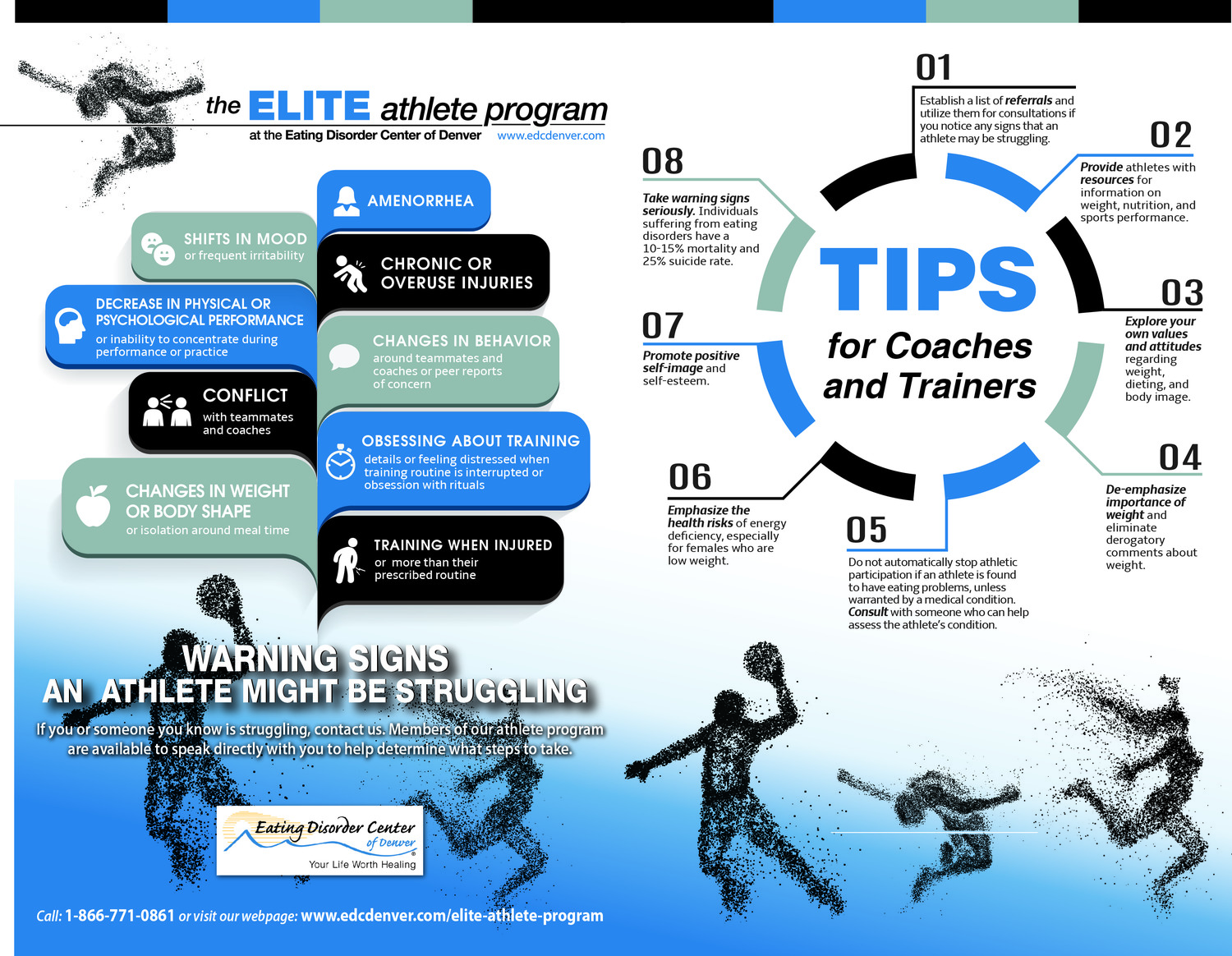Addressing mental health in sport: knowing what to pay attention to and how to have uncomfortable conversations
The time has come when it is imperative that coaches, trainers, and all members of an athlete’s entourage, recognize their roles in addressing and preventing mental health issues in their athletes.
Sport provides a number of decidedly positive opportunities for favorably contributing to an athlete’s growth and development. Ranging from exposure to positive coaching and confidence boosting activities to times where cultural and generational barriers are transcended; sport provides an outlet for hope and unity among chaos and uncertainty.
“Sport has the power to change the world.” -Nelson Mandella
The harsh reality is that good performance does not equate to good health, and a lot of the time the athletes performing at the top are closer to injury and illness than health and wellness. That very same culture is wrought with circumstances where normal development may be disrupted, or negatively impacted, through increasing athletes’ exposure to risk factors that have been shown to contribute to the development of mental health issues. Unfortunately, their are messages inherent to the culture of sport that may inhibit an athlete from seeking help for mental health issues, or worse, overt messages that encourage them not to. Many times coaches may ignore these issues, not out of ignorance, but because they don’t know where to turn for help.
“Student athletes have spoken; Mental health is their number one concern, and it is our responsibility to provide the services and care to help.” – Dr. Brian Hainline, Chief Medical Officer, NCAA
EDCare heeds that responsibility through not only providing specialized treatment for athletes with eating disorders, but also by providing resources, education and outreach to members of the athletic community. A major part of the ELITE Athlete Program’s mission is to support those that are in a position to help and create change. If you or someone you know is struggling, contact us. Either myself or another member of our ELITE Athlete team is available for direct consultation.
Feel free to download the attached infographic, which lists some warning signs and symptoms of eating disorders and tips for addressing these issues with your athletes. This information is specific to eating disorders, but may also be applicable to other mental health issues.
-Ian J. Palombo, MA, LPC-C

